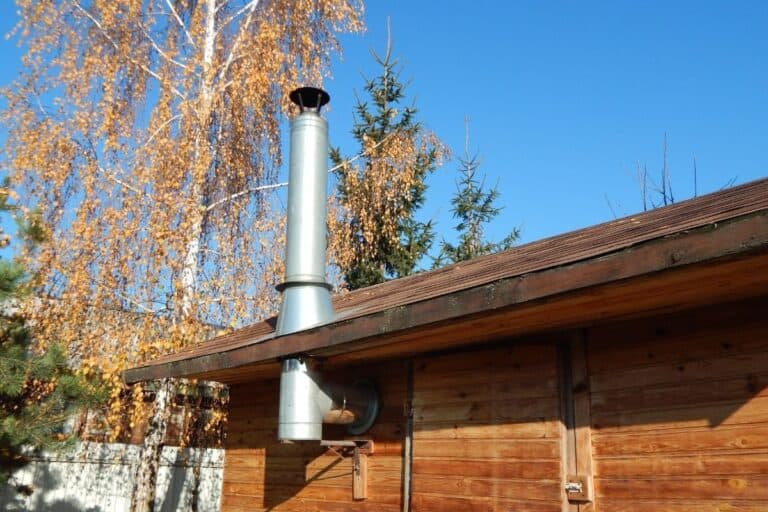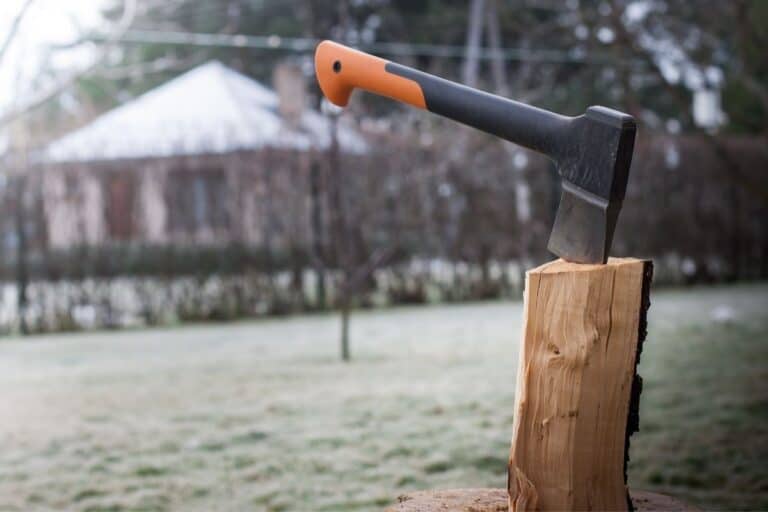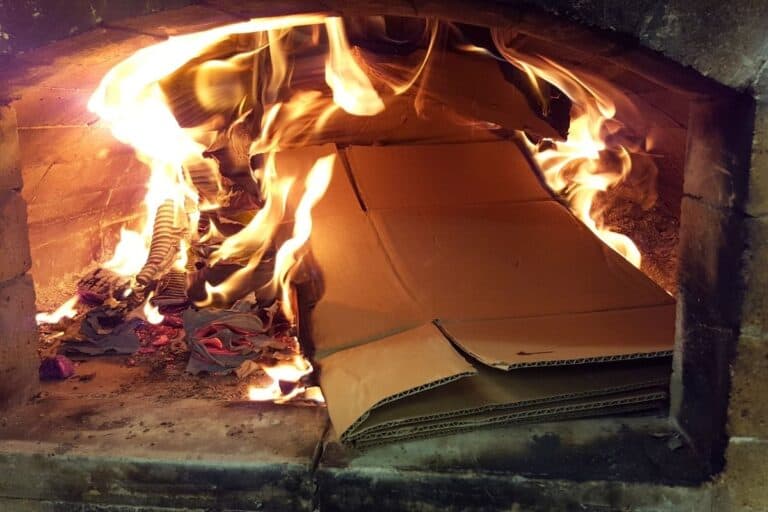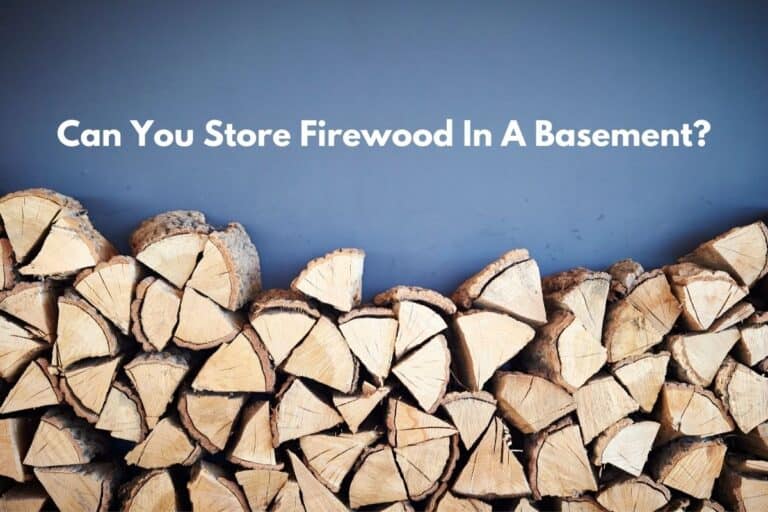Why Does My Wood Stove Tick?
Do you have a wood stove? If so, do you ever hear it ticking? It’s not just your imagination. That sound is coming from the stove. But what could be causing it?
A ticking sound coming from a wood stove indicates that the metal on the stove is either expanding or contracting when the stove heats up or cools down. This sound is normal and happens in most stoves during regular operation.
This blog post explains the reasons why wood stoves produce clicking sounds in more detail and gives you tips on how to tell if the sound is normal or requires your attention. So, let’s jump right in. Shall we?
What Does It Mean When the Stove Ticks?
You’ve been using your wood stove for a while now, and all of a sudden, you start to hear this ticking noise. It’s not loud, but it is definitely there, and it’s driving you crazy! You start to wonder, why does my wood stove tick? Is something wrong with it?
Before you call a technician or run out to buy a new wood stove, it’s crucial to understand that this is a common issue, and usually, it’s not indicative of a problem. In fact, the ticking noise is often caused by something normal.
So what causes the ticking noise? The vast majority of the time, the ticking noise coming from your wood stove is simply due to temperature changes. When the stove cools down or expands during regular operation, it can cause the metal to contract and make a ticking noise.
This is especially true if your wood stove is new because it’s likely still settling into its new home. Over time, as your wood stove adjusts to temperature changes, the ticking noise should start to subside. However, if it doesn’t, or if the noise becomes more pronounced, there might be something else going on, and you should contact a certified chimney sweep or stove installer for an inspection.
It’s also normal for your wood stove to produce a creaking, pinging, clicking, or ticking noise. Sometimes you’ll hear these noises in the stovepipe as well, which is perfectly normal. As the hot air from the fire inside the stove leaves the home via the stovepipe, the pipe gets hot as a result and expands, producing a clicking or creaking noise.
Why Does the Metal in a Wood Stove Click When it Warms Up or Cools Down?
The clicking and ticking noise coming from your stove boil down to the combined forces of thermal expansion and static friction.
However, you should know that not all parts of a wood stove heat up at the same rate. The level of heating up depends on the design of the stove and where the metal parts are placed.
Generally, the parts of the stove that help radiate heat into the room are the ones that get the hottest when there’s a fire. And because all these parts are connected and warm and cool at different rates, the stove makes a ticking or clicking noise every time a part of the stove shrinks or expands at a different rate from another part next to it.
There are also times when one part of the stove warms up and expands or cools and contracts quicker than the next part. There’s a momentary point where the two parts will unstick and shift position when this happens.
This shift in position also produces a clicking or ticking sound. However, you shouldn’t worry about the shifts because they’re often small-scale and won’t damage your wood stove.
Why Does My Wood Stove Sound Like a Train?
Some people also report hearing a roaring sound that almost sounds like a freight train. A build-up of creosote usually causes this noise. Creosote is a sticky, flammable substance that’s produced when wood burns. When there’s too much creosote in your stove, it can cause roaring and popping sounds. If you hear this noise, it’s essential to have your chimney cleaned.
A roaring sound may also be due to an imbalance between fuel and air within your stove. In this case, you may need to either have your stove cleaned or adjust the fuel rate to see if that fixes the problem.
Source: Quadra Fire
How to Ensure Your Wood Stove is Running Effectively
While the ticking and clicking sound from wood stoves is normal, there’s a likelihood that your stove may be running too hot, which may cause damage. To ensure your wood stove is running effectively, you should:
- Check the temperature of your stove regularly. Use a thermometer to measure the temperature. Ensure your stove is always running at the “best operation” temperature, which is mainly indicated on the thermometer or your stove’s manual.
- Never overload your stove with wood: Overloading your stove with wood can cause the temperature to rise too high, leading to a fire and damage to the stove over time.
- Be sure to have your wood stove regularly serviced by a professional: This will help ensure that your wood stove is running at its best and prevent any issues.
Following these tips will help you enjoy your wood stove for many years to come. Not to mention, you’ll be able to catch any potential problems early on.
Source: Fireplace Universe
Wrapping Up
If you are worried about that ticking sound that comes from your wood stove, you can rest easy. As you’ve learnt, it’s most likely just the sound of the metal cooling down or expanding. Again, this is a normal process and nothing to be concerned about.
However, if you’re ever unsure, it’s always best to consult with a professional. They’ll be able to give you a definitive answer and put your mind at ease. Most importantly, ensure you take proper precautions when using your wood stove.
Avoid running it too hot, and always use a thermometer to check the temperature. This way, you’ll ensure that the stove is running at the recommended temperature and isn’t flaring up with heat. Otherwise, you risk damaging your wood stove over time.






